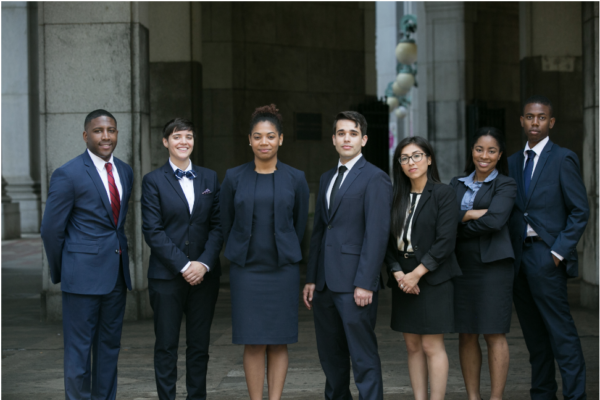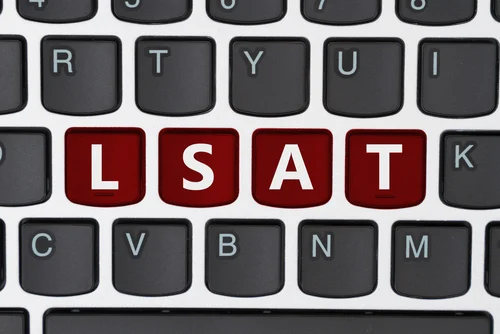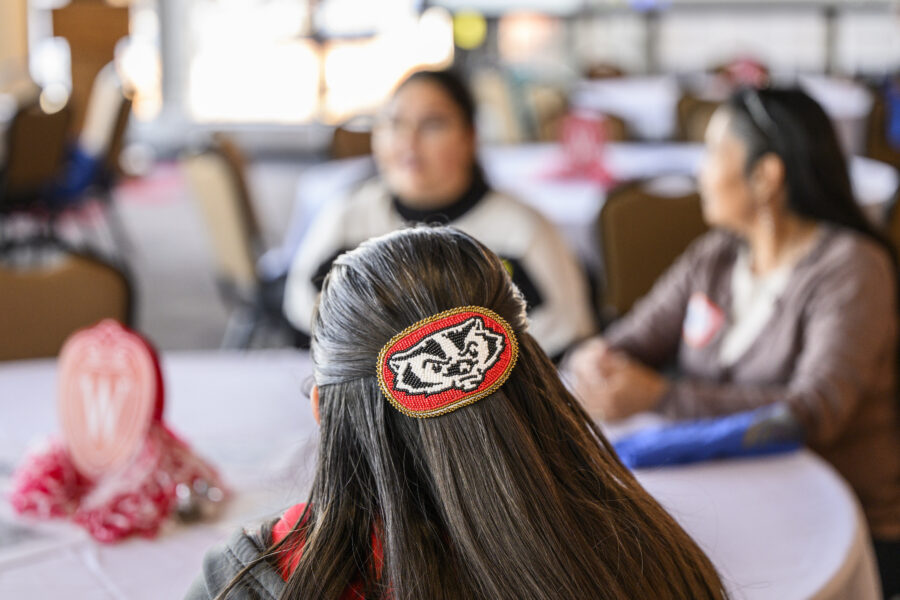Here you will find a compilation of resources designed to increase access for those who struggle with barriers to the practice of law.
Apply to Pre-Law Pathway Programs
Gain exposure, networks, and admissions advice.
Attend LSAT prep events
CPLA offers an LSAT 101 session and LSAT Workshop Series.
Write a Statement of Perspective
(formerly known as a Diversity Statement)
Join Student Organizations for Peer Support
Start your search here!
Ask for Fee Waivers and Scholarships
Reduce the Cost of the Application Process.
Applicants with Disabilities
Accommodations & more
Apply to Pre-Law Exploration & Pathway Programs
Pre-Law Exploration & Pathway Programs are short programs, usually over the summer or over spring break, that allow students who have not had the opportunity to gain exposure to the law to learn more about the legal profession, law school, and the admissions process. These are usually offered for free or at a very low cost and may sometimes include an LSAT prep course or other financial resources for applying to law school. Some programs may even be remote, allowing you to search for programs outside of your geographic area.
Students in these programs may sit in on a law class, network with attorneys, observe court proceedings, and get assistance with LSAT prep. We highly recommend applying for these types of programs. Some programs only take students in certain stages of their undergraduate study, so it’s a good idea to search early to determine when to apply.
Search for Pathway Programs
- Search the Pathway Program Directory
- LSAC PLUS Programs
- LexScholars by AccessLex
- Sidley Prelaw Scholars Program
- Yale Law School Launchpad Scholars Program
- Harvard’s Future Leaders in Law Program
- CLEO’s Achieving Success in the Application Process (ASAP)
- Pre-Law Summer Institute for American Indians and Alaska Natives
- UC Davis KHOP Summer Session: Free program for low income, first gen, or underrepresented pre law students in Davis, CA. Travel and lodging are not provided, but this is a great opportunity for someone who goes home to the area over the summer.
- Annual Break Into Law Conference in Chicago
Law Experience & Advising Program (LEAP)
The Center for Pre-Law Advising at UW-Madison has a program called the Legal Experience and Advising Program (LEAP) that takes place in the spring semester.
Visit our LEAP page for more information about the selection criteria, and watch our website and newsletter for information about applications for the current year.
Join Student Organizations for Peer Support
Student Organizations
Student organizations may be one component of your campus involvement. It is important to know that joining a pre-law organization is not something required to prepare for law school, but it may provide a sense of community for others going through the same process. Here are links to student organizations that may be of particular interest, but a full list of UW student organizations (including additional pre-law organizations) can be found at win.wisc.edu.
Apply for Fee Waivers & Scholarships
LSAT and CAS Fee Waivers
Through the LSAC Fee Waiver, the Law School Admissions Council can waive the costs of:
- the LSAT test
- all previously released LSAT practice tests (via Lawhub Advantage)
- the Score Preview option for the LSAT
- the Credential Assembly Service (CAS) account you must purchase to apply to law schools
- the cost of sending your test scores and transcripts to law schools (the $45 per school “CAS Report”) for a certain number of schools
- the cost of commercial LSAT test prep courses (see here for a list of test prep companies that offer free or $1 test prep for those with fee waiver)
We recommend that applicants with financial need apply for the fee waiver and appeal if they are denied. Some applicants may be better able to provide the appropriate context for their financial situation through an appeal.
Law School Scholarship Directories
- The Accesslex scholarship directory allows you to filter your scholarship search by applicant attributes such as religion, disability, race or ethnicity, gender, first generation status, and more.
- The LGBTQ Bar lists external scholarships that LGBTQ+ law students are encouraged to apply for.
- Scholarship Directory FAQs – Learn more about applying for law school scholarships here.
Law School Application Fee Waivers
Candidate Referral Service – Law school applicants can elect to allow law schools to search for them based on a number of criteria such as race or ethnicity, LSAT score, and GPA. This allows law schools to contact you with invitations to apply which may include an application fee waiver for that school. It can be one way to cut down on application fee costs. You may also reach out to a law school directly through a law fair or meeting with admissions to find out if an application fee waiver is available.
Attend a Law Fair: Some law schools may have application fee waiver codes available at their table at a law fair. It is worth attending a fair such as the annual UW-Madison Law School Expo in the fall.
Asking Law Schools Directly: If you are having trouble affording the cost of applying to law schools, you can also contact the law schools directly via email, phone, or at a campus visit. Ask whether the law school offers application fee assistance to those with financial need.
Attend CPLA’s LSAT 101 & LSAT Workshop Series
Preparing for the LSAT can be a difficult, overwhelming and expensive process. The Center for Pre-Law Advising is here to support you.
- LSAT 101: Each semester we offer a one hour LSAT 101 presentation, which covers the latest information about what to expect on the exam and how to prepare. This session is free and open to anyone. See our event calendar.
- LSAT Workshop Series: Some test takers perform better if they have a chance to learn from a live instructor. Click here to learn more about our 5 session live online LSAT workshop series.
- Test Preparation Questions and Planning: We are happy to talk through options with UW-Madison students and alumni so you can plan for what test to take, when to take it, and what prep options might work better for you in an advising appointment.
Write a Statement of Perspective
A “Statement of Perspective” formerly known as a “diversity statement” is a common type of optional application essay that encourages applicants to reflect on any personal diversity that they may contribute if selected as a member of the incoming class. The most important thing to realize is that diversity of perspective is interpreted very broadly by law school admissions officers. It can include any element of your identity, circumstances, or experiences that you believe may give you a diverse perspective from fellow classmates or a different lens through which you view the world. Relevant types of diversity may include (but are not limited to) race, ethnicity, socioeconomic status, religious identification, sexual orientation, disability, military experience, single parenting, nontraditional age, underrepresented major (e.g., STEM majors), or first-generation student status. Read more about statements of perspective and the recent SFFA v. Harvard and UNC decision here.
Advisors at the Center for Pre-Law Advising are available to help you with your diversity statement in a Pre-Law advising appointment.
Resources for Indigenous Tribal Members
The Native American Pathway to Law Initiative
This program features 5 days of in-person workshops including a practice LSAT test, cohort development, explanation of the law school admissions process, mock application review, attorney mentors, and a review of your personal statement and resume. Travel scholarships to Arizona are available. Apply early! The application is usually in mid-March, and the workshops are in June or July.
Pre Law Summer Insitute (PSLI)
Learn about the 8-week summer program that prepares American Indians and Alaska Natives for the rigors of law school and provides access to continued support throughout law school and the bar exam.
Wisconsin Tribal Educational Promise Program for J.D. Students
The program guarantees scholarships and grants to meet the full cost of in-state tuition and fees for Wisconsin residents who are enrolled members of federally recognized Wisconsin American Indian Tribes pursuing a Law degree.
Udall Native American Congressional Internship
Make a commitment to a career related to Tribal public policy or supporting Tribal communities. This community of 12 Native American and Alaska Native college, graduate, and law students live and work in Washington, D.C., during the summer.
Law Schools with Indian Law Courses/Programs/Certificates
List maintained by the American Indian Law Center
Indigenous Law Student Association (ILSA) at Wisconsin Law School (Instagram)
Follow ILSA on Instagram for details about their free annual conference called the Coming Together of Peoples Conference, an annual tribal law forum hosted at the University of Wisconsin Law School. Every year, the event brings together law students, legal practitioners, tribal leaders, and community members to discuss pressing issues in American Indian law. This is a great event for exploring pre-law students to attend and no prior knowledge is necessary.
Resources for Applicants with Disabilities
Accommodations in Standardized Testing
There are many kinds of accommodations available for standardized tests for those that need them, including extra testing time, the ability to stand or move around, additional breaks, the ability to eat or take medicine during the test, the ability to speak out loud, and so on. If requesting additional testing time, “time-and-a-half” (50% additional testing time) is the most common and is typically easier to get approved for.
We recommend applying for accommodations for law school entrance exams as soon as possible before your desired test date. See our Law School Admission Tests page for more information about your testing options, which include the LSAT, GRE, and JD Next exam. In some cases, you may need to be registered for a specific test date before applying for accommodations, and each test date has its own deadline to request accommodations. You can appeal if your accommodation is not granted.
LSAT Accommodations GRE Accommodations JD Next Accommodations
Accommodations in Law School
Law schools are very conscious of their obligation to accommodate students with disabilities and to educate lawyers who may represent persons with disabilities. Both federal and state law require colleges and universities to accommodate students with disabilities. For information about resources available to meet your needs on campus, it is best to contact individual law schools. Another great resource is the National Disabled Law Students Association, whose website includes examples of law school accommodations and advice on how to advocate for yourself in law school.
Additional Resources:
 McBurney Disability Resource Center
McBurney Disability Resource Center
Not only can McBurney support you through your undergraduate academic journey, they can also help you when applying for accommodations needed for law school entrance exams.
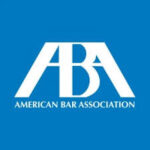 ABA Commission on Disability Rights Resources
ABA Commission on Disability Rights Resources
The Commission has resources, guides, and helpful links for pre-law students, law students, attorneys, and other legal professionals and entities.
Resources for LGBTQ+ applicants
LSAC’s guide for LGBTQ+ Candidates
This guide includes advice about coming out in an application, questions to ask law schools as you narrow your search, and the “LGBTQ+ guide to law schools” which discloses policies and resources that impact the LGBTQ+ student experience at the law schools who answered the survey (ie. policies around pronouns, restrooms, funding, etc.).
Keep in mind that just because a school was not able to answer the survey does NOT mean that they don’t have policies and resources in place to support you. This is a jumping off point to give you information on some of the schools and ideas about what to ask other schools.
LGBTQ+ Scholarships for Law Students– This list is maintained by the LGBT Bar Association. (You can also search the Accesslex scholarship bank.)
National Association for Law Placement (NALP) Non-Binary Resources
Includes research on Non-Binary law school graduates, perspectives on Non-Binary professional attire, a recording of the Beyond Gender Binary in the Legal Profession Panel event, and information on non binary legislation.
These organizations range from great networking opportunities, to nonprofits involved in LGBTQ+ rights (which would be a great place to start looking for internship opportunities if this is an area of law you are interested in).
Harvard’s LGBT Rights Law Career Guide (updated)
This guide includes information on difference legal practice areas that intersect with LGBTQ+ rights and some general advice on finding a job in this field.
UW Gender & Sexuality Campus Center
The Gender and Sexuality Campus Center provides education, outreach, advocacy, and resources for UW-Madison student communities and their allies to improve campus climate and their daily intersectional experiences.
Prepare for your First Year of Law School
Free Online Law School Prep Courses
These courses are designed to support pre-law students in achieving greater academic success in law school, particularly first-generation students. Recommended for individuals beginning law school in the upcoming academic year.
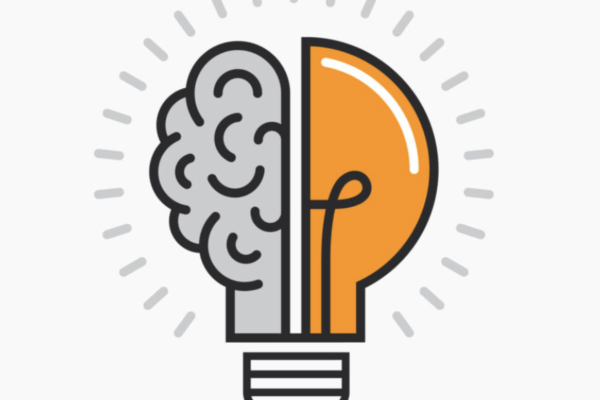
SEO Law Fellowship Program for Rising 1Ls
A program for those going into their 1L year and interested in corporate law to help historically excluded law students receive access to critical educational, career development, and internship opportunities.
